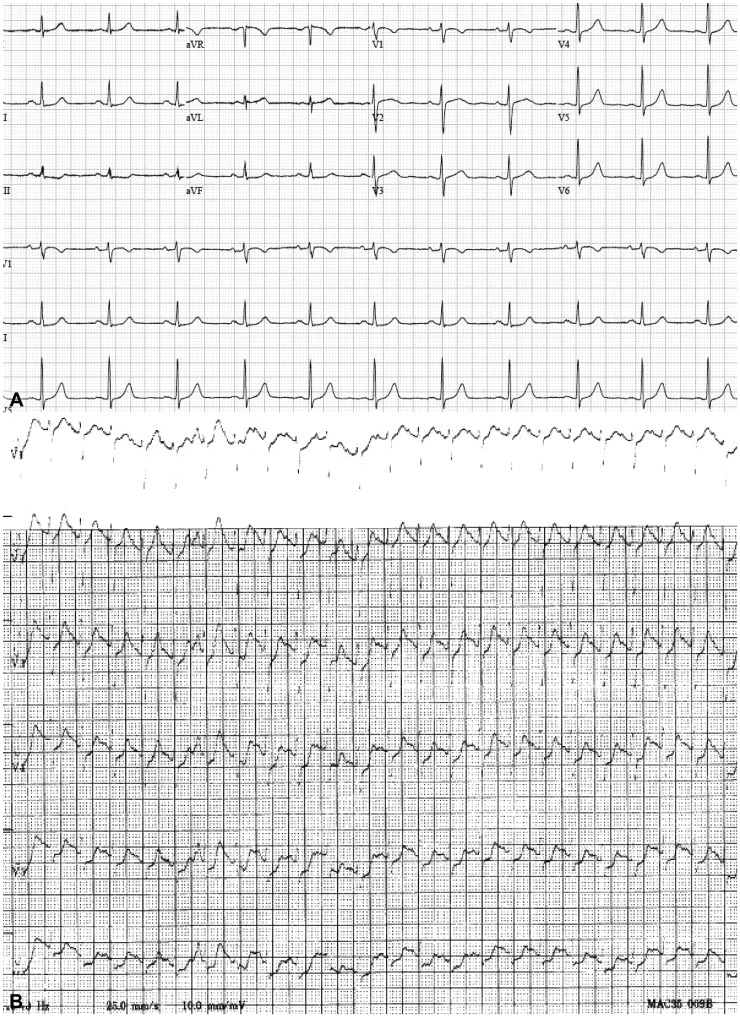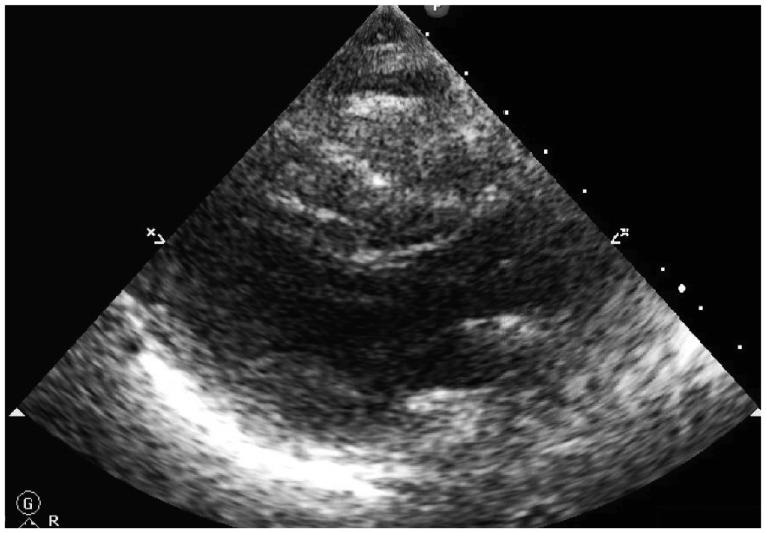Clin Endosc.
2014 May;47(3):262-265. 10.5946/ce.2014.47.3.262.
A Case of Midazolam Anaphylaxis
- Affiliations
-
- 1Department of Internal Medicine, Busan Medical Center, Busan, Korea. asluke@naver.com
- 2Department of Internal Medicine, Cheju Halla General Hospital, Jeju, Korea.
- KMID: 2049024
- DOI: http://doi.org/10.5946/ce.2014.47.3.262
Abstract
- Midazolam is a type of anesthetic agent frequently used for conscious sedation during a variety of medical procedures. Anaphylactic reactions to midazolam are rarely reported. However, we observed a case of midazolam hypersensitivity in which emergency measures were required to ensure patient recovery after administration of midazolam as a sedative. The occurrence of the anaphylactic reaction to midazolam was confirmed by elevated serum tryptase levels. The current case report presents a discussion of our findings.
Keyword
MeSH Terms
Figure
Cited by 1 articles
-
Anaphylactic shock caused by intramuscular injection of midazolam during the perioperative period: a case report
Kyu Nam Kim, Dong Won Kim, Yeong Hun Sin, Soo Kyung Lee
Korean J Anesthesiol. 2016;69(5):510-513. doi: 10.4097/kjae.2016.69.5.510.
Reference
-
1. Reves JG, Fragen RJ, Vinik HR, Greenblatt DJ. Midazolam: pharmacology and uses. Anesthesiology. 1985; 62:310–324. PMID: 3156545.2. Breheny FX. Reversal of midazolam sedation with flumazenil. Crit Care Med. 1992; 20:736–739. PMID: 1597024.
Article3. Hwang JY, Jeon YT, Na HS, Lee JH, Choi SJ, Jung SH. Midazolam hypersensitivity during the transportation to theater: a case report. Korean J Anesthesiol. 2010; 59(Suppl):S1–S2. PMID: 21286414.
Article4. Shrivastava S. An experience with midazolam anaphylactoid reaction. J Anesth. 2012; 26:642–643. PMID: 22467090.
Article5. Fujita Y, Ishikawa H, Yokota K. Anaphylactoid reaction to midazolam. Anesth Analg. 1994; 79:811–812. PMID: 7943804.
Article6. George C, Williams A. Anaphylaxis with midazolam: our experience. Indian J Anaesth. 2011; 55:630–631. PMID: 22223916.7. Hepner DL, Castells MC. Anaphylaxis during the perioperative period. Anesth Analg. 2003; 97:1381–1395. PMID: 14570656.
Article8. Davis DP, Hamilton RS, Webster TH. Reversal of midazolam-induced laryngospasm with flumazenil. Ann Emerg Med. 1998; 32:263–265. PMID: 9701315.
Article9. Robb ND. Epileptic fits under intravenous midazolam sedation. Br Dent J. 1996; 181:178–179. PMID: 8854426.
Article10. Yates A, Russell D. A reaction to midazolam: a topical solution. Anaesthesia. 1989; 44:449. PMID: 2742113.
Article11. Rodrigo CR, Rosenquist JB, Cheng CH. Cardiac dysrhythmias with midazolam sedation. Anesth Prog. 1990; 37:20–23. PMID: 2077981.
- Full Text Links
- Actions
-
Cited
- CITED
-
- Close
- Share
- Similar articles
-
- Anaphylactic shock caused by intramuscular injection of midazolam during the perioperative period: a case report
- Anaphylactic reactions after cisatracurium administration in two patients: a report of two cases
- Paradoxical Reactions following Intravenous Midazolam in Patients with Severe Anxiety for Dental Treatment: A Case Report
- Anesthetic Management in a Patient with Anaphylaxis to Thiopental: A case report
- Midazolam hypersensitivity during the transportation to theater: A case report




